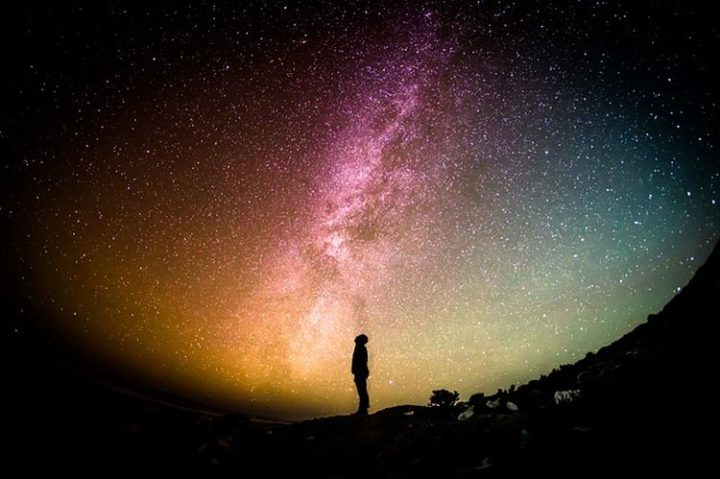Chocolate is an unstable compound: a slight increase in temperature is what it takes to alter its state, its composing substances do not combine perfectly. Perhaps this is also the reason why its making appears to be so fascinating.
“Nothing is created, nothing is destroyed, everything is transformed” is what Lavoisier’s law states, the pioneer of modern chemistry in the 1700s. But even in more ancient times, Heraclitus, a Greek philosopher, had already observed that everything is unstable, part of an endless movement, the essential characteristic of life, through the concept of Panta Rei (everything flows).
A. Einstein said in a famous quote about scientists and science: “Theory is when we know everything but nothing works. Practice is when everything works and nobody knows why. We have combined theory and practice: nothing works and nobody knows why!” This was anything but a deterioration of scientific thought. There is no possibility of progress deriving from the comprehension of a phenomenon without an awareness of the observer’s limit. It is thanks to the concept of limit, to the assumption of a limitation, that science can progress and manages to describe the reality that surrounds us. Science written with a capital letter, is not synonym of certitude, it does not assume to have the one and only truth.
How is it possible that the myth of “Security” and “Stability” has been so deeply rooted into our minds? How is it possible that our lives hang by the thread of “market stability”, of “scientific truth” and “national security”? Maybe these illusions have a major impact on those areas of the world where an extremely violent system has, in the last decades, led to an enormous accumulation of riches as a result of ruthlessly pillaging the rest of the planet.
Well, today a highly unstable virus is questioning everything. And this is the reason why we might be thankful, despite the tragic consequences, which the virus is not responsible for, we are witnessing on a health level.
Reality is unstable, growth is an unstable phenomenon, absolute certainty does not exist as neither does ironclad certitude. This is not necessarily bad! Who said instability is a negative factor? Why do we still believe that we ought to sacrifice our freedom in the name of security?
I am not referring to the current lock-down measures, which are necessary, due to the incapacity of the health system to react to an unexpected event. The increase in military troops in Europe’s urban structure has been accepted ever since the concept of “security” was used to fight terrorism. The growth in military expenses and in funding nuclear power during the Cold War was justified by the idea of security defence for the people from Communism or Capitalism.
It is thanks to instability that our minds can become more and more flexible. It is thanks to instability that our adjustment to the environment can be furthered, meaning that we can influence the world that surrounds us. The only useful certainty, on an evolutionary basis, is to acknowledge human rights to everyone on planet Earth. It is the certitude of being able to live with dignity, just because we exist, of having the right to be looked after and to study, pursuing our inclinations and the necessities of the community, that lead to the development of those talents and skills which have been choked by survival needs for too long.
Either way, it really seems we will have to shift the paradigm and get used to instability and uncertainty. In order to do so, without going crazy, we will have to recognise their positive aspects and address our actions towards a sustainable evolution for the benefit of humanity and of the environment.
Translated from Italian into English by Giulio Aliberti.










